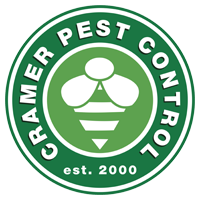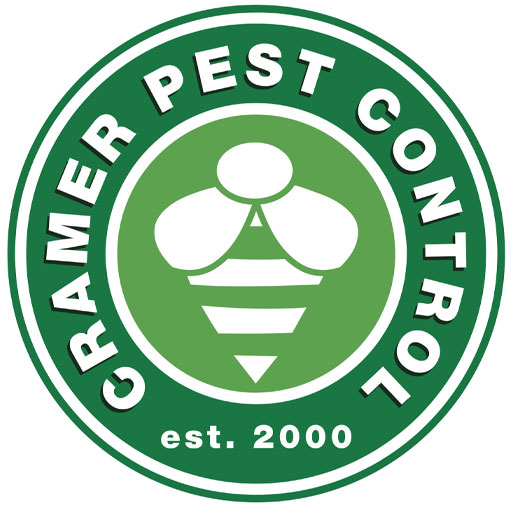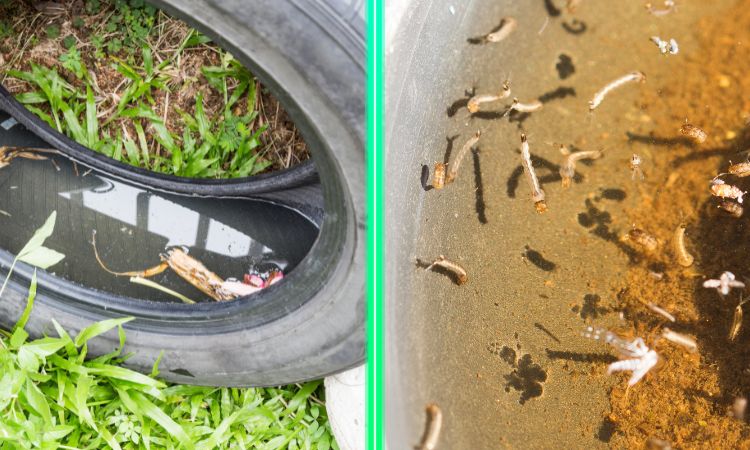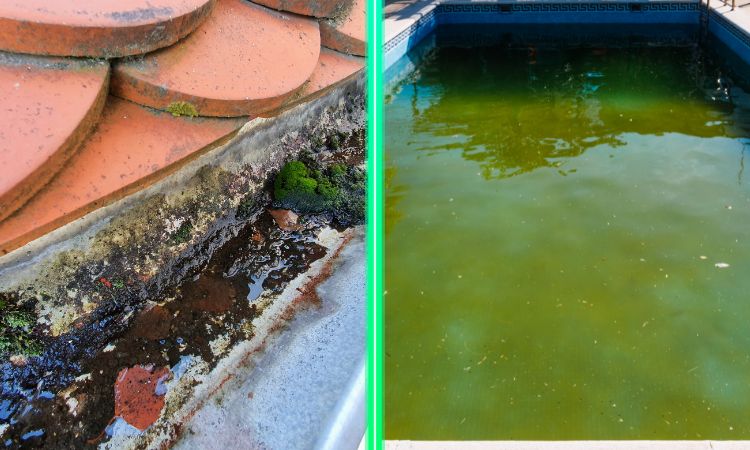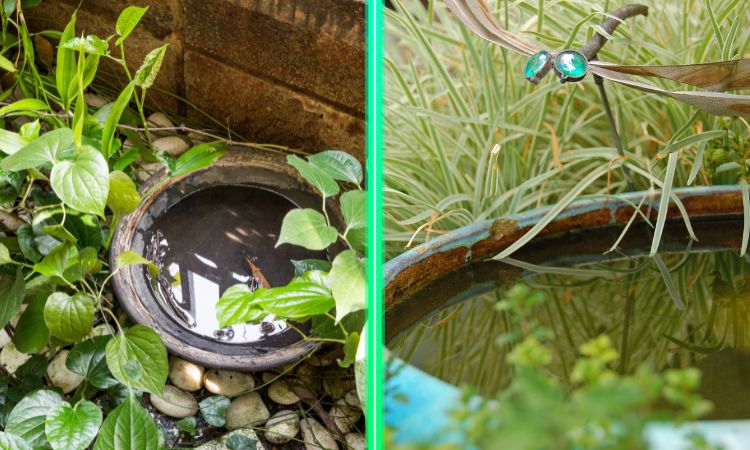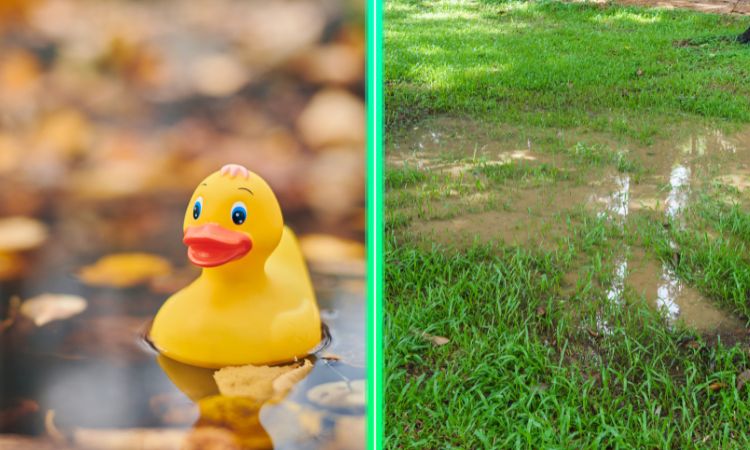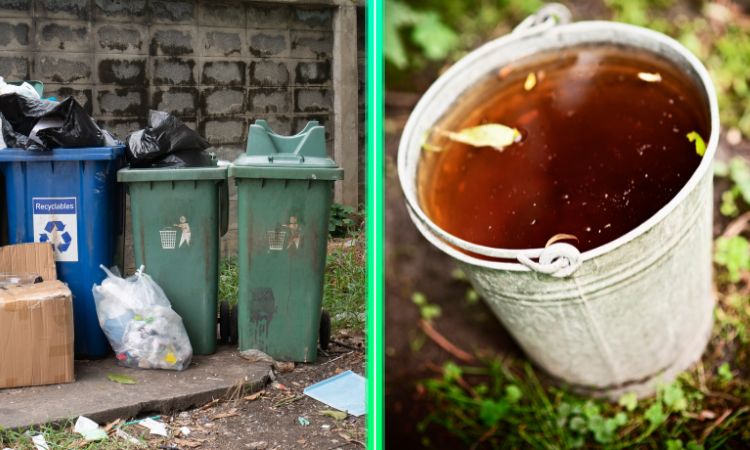Top 10 Mosquito Breeding Grounds
in Your Backyard
Mosquitoes are more than just a nuisance in your backyard; they are a serious health hazard capable of spreading potentially deadly diseases. While wearing insect repellent is one way to avoid mosquito bites, an often overlooked step in controlling mosquito populations is eliminating their breeding sites.
This guide will identify the top 10 breeding places for mosquitoes in your backyard and provide practical tips for getting rid of them! For even greater peace of mind, homeowners should consider getting a monthly mosquito treatment plan from a professional pest control company.
Mosquito Breeding Habits
Mosquitoes typically lay their eggs in stagnant water and prefer warm, humid conditions. Adult mosquitoes typically lay anywhere from 50 to 500 eggs at a time, meaning that even a single female mosquito can quickly produce a swarm!
We’ve looked at the mosquito life cycle in detail in another blog, as well as examined the most common types of mosquito found in South Carolina. However, in brief, these are the four species of mosquito most likely to use our lawns as breeding sites:
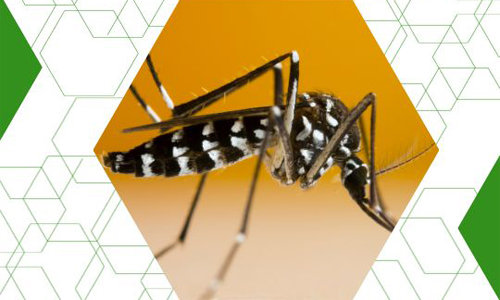
Aedes albopictus (Asian Tiger Mosquito):
These mosquitoes prefer to lay their eggs in small containers of standing water. Known for being aggressive daytime feeders, they are vectors for diseases like dengue, West Nile, and Zika.
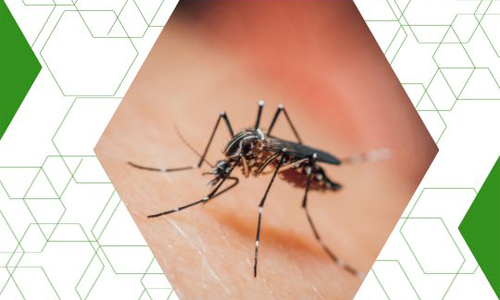
Aedes aegypti (Yellow Fever Mosquito):
This species breeds in clean stagnant water. They are a major health concern due to their ability to spread yellow fever.
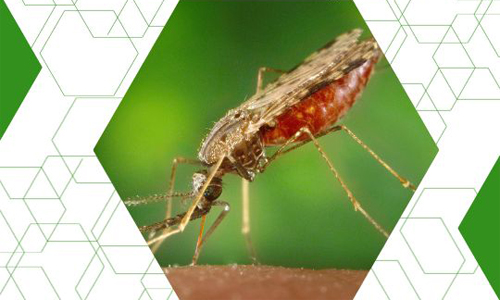
Anopheles quadrimaculatus group (malaria mosquito):
Breeds in freshwater habitats with plenty of vegetation, like swamps and marshes, and is a vector of malaria. While malaria was previously eliminated in the United States, it has recently been found to be spreading in Florida and Texas.
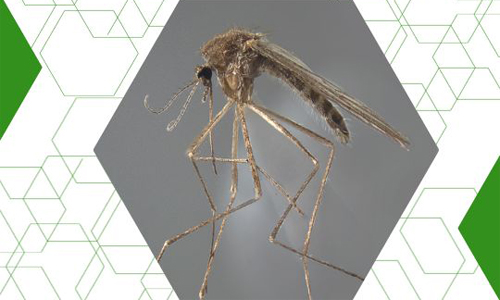
Culiseta inornata (Winter Mosquito):
This South Carolina native is adapted for cold weather and breeds in permanent bodies of water like lakes and ponds.
10 Common Mosquito Breeding Sites
1. Stagnant Water in Old Tires:
Old tires are ideal for mosquitoes like Aedes albopictus, as they collect water and provide a hidden, humid environment for egg-laying. Throw away or cover old tires to prevent them from becoming mini mosquito larvae nurseries.
2. Bird Baths:
Bird baths offer a tranquil setting for mosquito breeding, especially if the water is not regularly changed. Mosquitoes lay eggs in the stagnant water, so cleaning and refreshing bird baths frequently (at least once a week) is crucial.
3. Clogged Gutters:
Rain gutters clogged with leaves and debris create perfect pockets of stagnant water for mosquitoes to lay eggs. Regular gutter cleaning is essential to eliminate these hidden breeding grounds.
4. Unused Swimming Pools:
Neglected swimming pools turn into vast breeding areas for mosquitoes, particularly for species like Culex quinquefasciatus.
Regular pool maintenance, even when not in use, is vital to prevent mosquito infestation.
5. Water-filled Plant Saucers:
The base of flower pots accumulate water and provide a convenient breeding site for mosquitoes right next to your home. Emptying and drying plant saucers regularly can significantly reduce this risk.
6. Ponds and Water Features:
While beautiful, these features can become major breeding sites if not properly maintained. Introducing mosquito-eating fish or aerating the water can help control mosquito populations. Mosquito dunks are also a mosquito control option for larger bodies of water and use mosquito-killing bacteria instead of harmful chemicals.
7. Children’s Toys and Play Equipment:
Often overlooked, these can collect water and offer mosquitoes a secluded spot for egg-laying. Regular inspection and drying of toys and play equipment are necessary to prevent this. If your child’s play-place accumulates water, consider drilling holes in the low spots to prevent it from accumulating.
8. Puddles and Depressions in the Lawn:
Natural depressions and puddles in the lawn after rain are ideal transient breeding sites. Leveling the lawn and improving drainage can help eliminate these temporary habitats.
9. Trash and Recycling Bins:
If not properly sealed, trash cans can collect rainwater, creating an unintended breeding site. Keeping lids closed and regularly checking for standing water is important.
10. Old Buckets and Containers
Any container that can hold water is a potential mosquito breeding site. Storing buckets and containers upside down or in a sheltered area prevents water accumulation. Don’t forget about pet water bowls – replacing the water daily keeps it fresh and free of larval mosquitoes!
Proactive Measures to Prevent Mosquito Breeding
To minimize mosquito breeding, regular yard maintenance is key. Eliminate trash and debris where water can collect. Store items like wheelbarrows upside down, empty and clean pet bowls and bird baths weekly, and consider using mosquito dunks in standing water sources like ponds and fountains. These simple practices will significantly reduce the number of mosquitoes in your backyard.
Reduce Your Exposure to Mosquitoes
Between the annoying whine of their wings, the itchy red bumps of their bites, and the potentially life-threatening illnesses they spread, it is no wonder we all hate mosquitoes! Thankfully, eliminating mosquito breeding sites is actually fairly easy to do, and mostly involves discarding trash and making small changes to your yard to avoid standing water.
Want to reduce your resident mosquito population even more? A monthly mosquito treatment plan kills adult mosquitoes before they even have a chance to breed and, in combination with removing their breeding sites, will do the most to keep your family safe.
